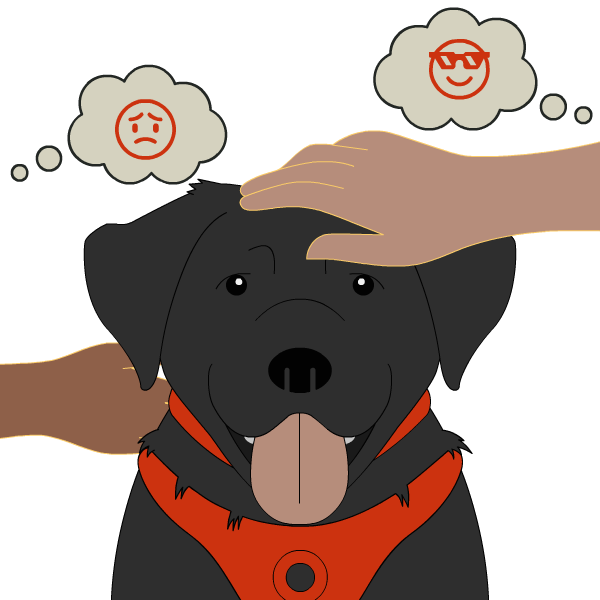Kindness and generosity go back generations in Saba Moallemãs family. And because of their bravery and sacrifices, she sees the world through a humble lens ã and wants to build on their example.

freedom rally for Iran in October 2022.
Moallemãs family story began in Iran in the mid-1980s when her parents were just 16 and 17. Her motherãs home was set on fire as an act of persecution against the familyãs BahûÀãi faith, a religion that originated in the Middle East in the 19th century and focuses on the unity and equality of all people. But the BahûÀãi faith is not recognized by the government, and those who follow it have been widely persecuted in Iran for decades.
Moallemãs mother and grandparents were able to escape their home through a small window crack, only to be met by more people attempting to block their escape. At just the right moment, an acquaintance arrived to pick them up. He risked his life to save them because Moallemãs grandmother, a midwife, had delivered the manãs wifeãs baby. Moallemãs grandfather, a pharmacist, had saved the manãs fatherãs life by providing medication they couldnãt otherwise afford.
Following their rescue, Moallemãs mother and father met by chance ã when their families gathered together to plan their final escape from Iran. Her father was asked to look over her mother as they joined a group of fellow teenagers on a harrowing journey to the United States, with nothing but a small bag of almonds and a few gold coins that were sewn into her motherãs skirt. They arrived in the U.S. in 1989 and married in 1992.
Because her parents went through so much to get to America and build a new life for their family, Moallemãs drive to give back is incredibly strong. A fourth-year computer science student in the College of Engineering, she wants to develop artificial intelligence applications for medical procedures, a way to reduce patient risks and increase survival rates, and a field where she is looking forward to gaining real-world experience.
Moallemãs career goal is inspired by her relationship with her maternal grandmother, who left Iran in 1995 and joined the family in Oregon. She got sick and was considered too high-risk to undergo the procedure she needed. But AI could help reduce some patient risks ã by allowing doctors to program a robot to perform full surgical procedures or controlling and moving the robot themselves throughout the surgery. This reduces potential human errors like the slightest shake of a hand.
ãI know Iãm here on this Earth to help other people. If I can do that with my work ã and help people benefit from life-changing procedures ã I will 110% do it.ã
-Saba Moallem

Moallem pays it forward in other ways, too. She is the social media chair for the student group Yes, I Am, which aims to help students come out of their comfort zone and reach their potential. With the help of the groupãs founder, she created an annual event called Visionary, an art exhibition for students to showcase their work, build their confidence and see themselves as leaders. In addition, Moallem helps with several events in the and for the , also known as the Divine Nine. She is a photographer in her spare time and often captures portraits and event photos for both groups. Moallem says having the opportunity to participate in groups like these has helped her embrace her culture even more.
ãKnowing a lot of different people of color and hearing their life experiences ã even though they are not exactly the same ã makes it easier to connect on those deeper levels than I had before,ã she says.
Looking ahead, Moallem has many goals: land her dream job, grow her photography business and see all her family members together again ã especially those still living in Iran. She also wants to help her parents visit Iran, a place they havenãt been able to return to for more than 30 years.
ãEach journey I go on is all for them ã to show them Iãm grateful,ã she says. ãI will do the best I can to bring a better future for my family and millions of other families around the world.ã
Itãs a journey thatãs already well underway.


